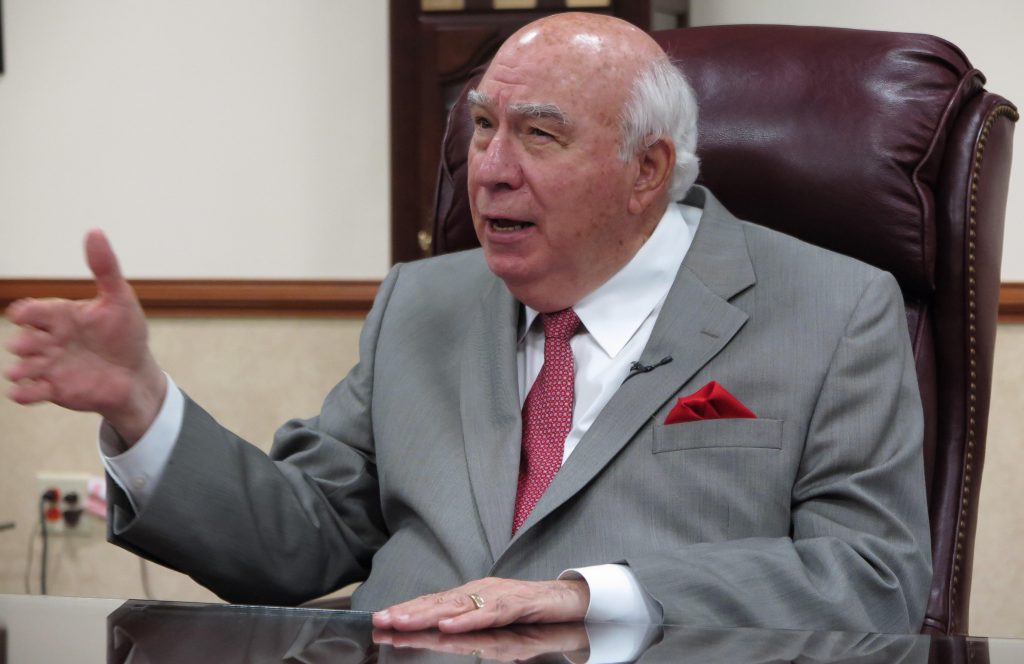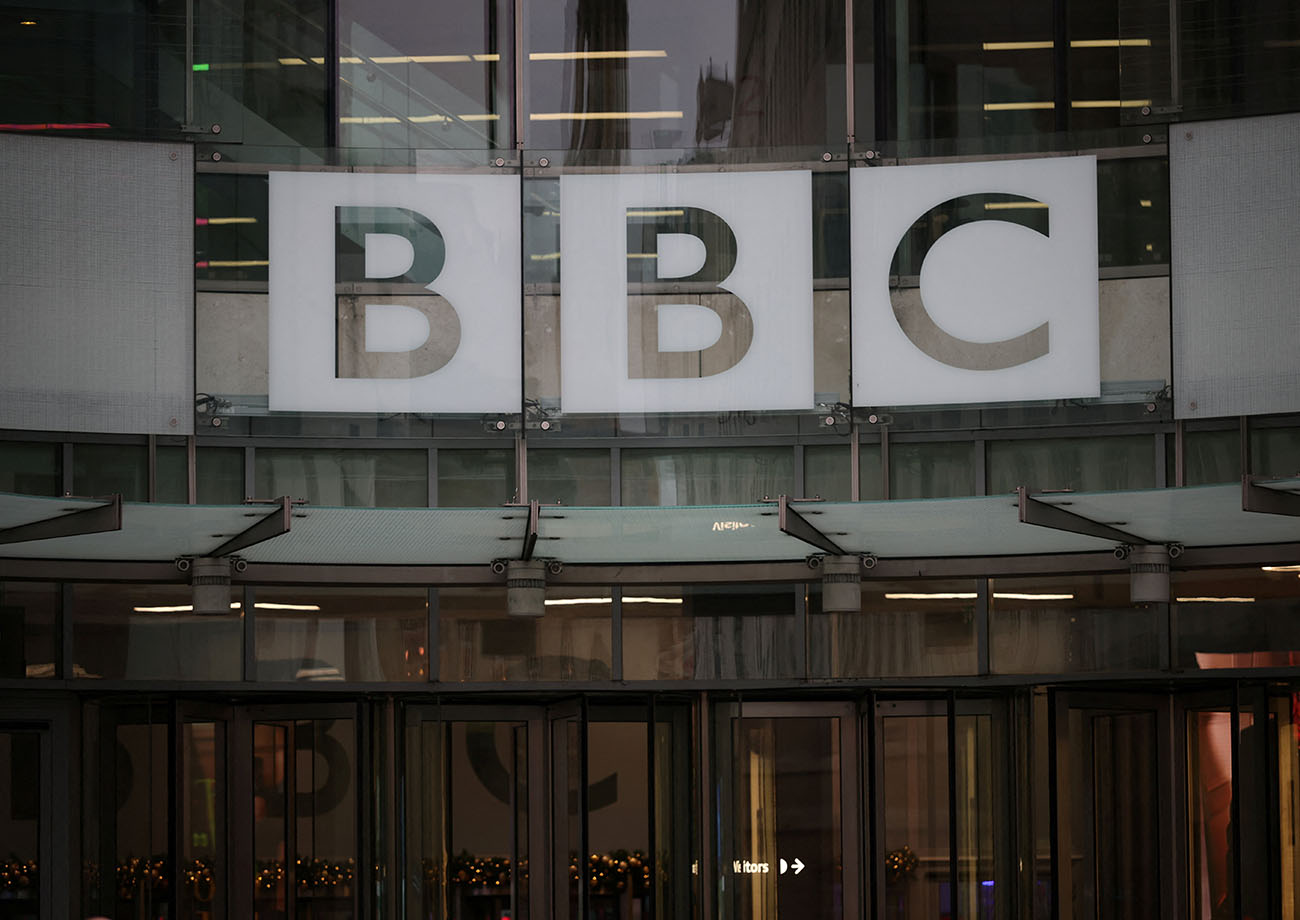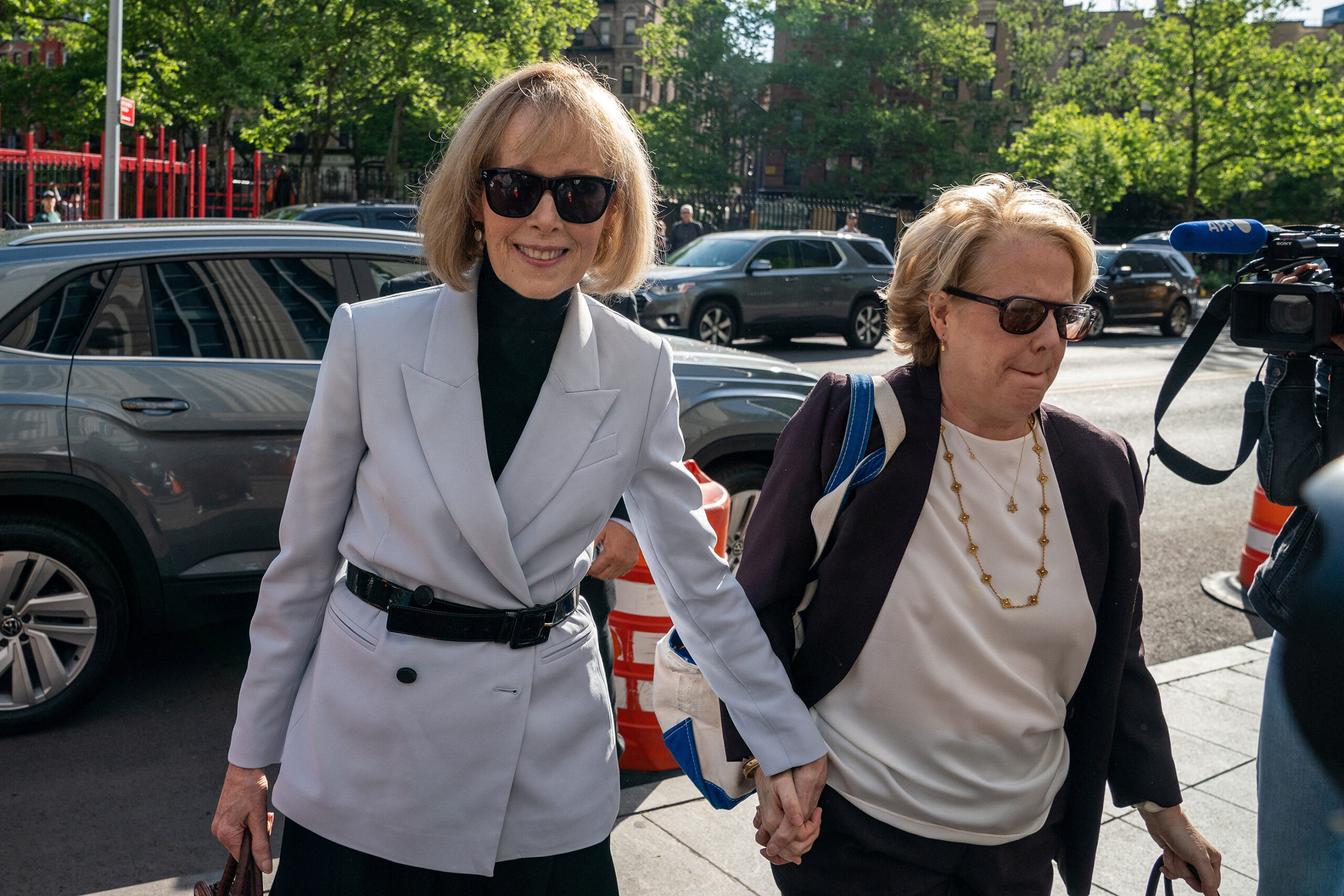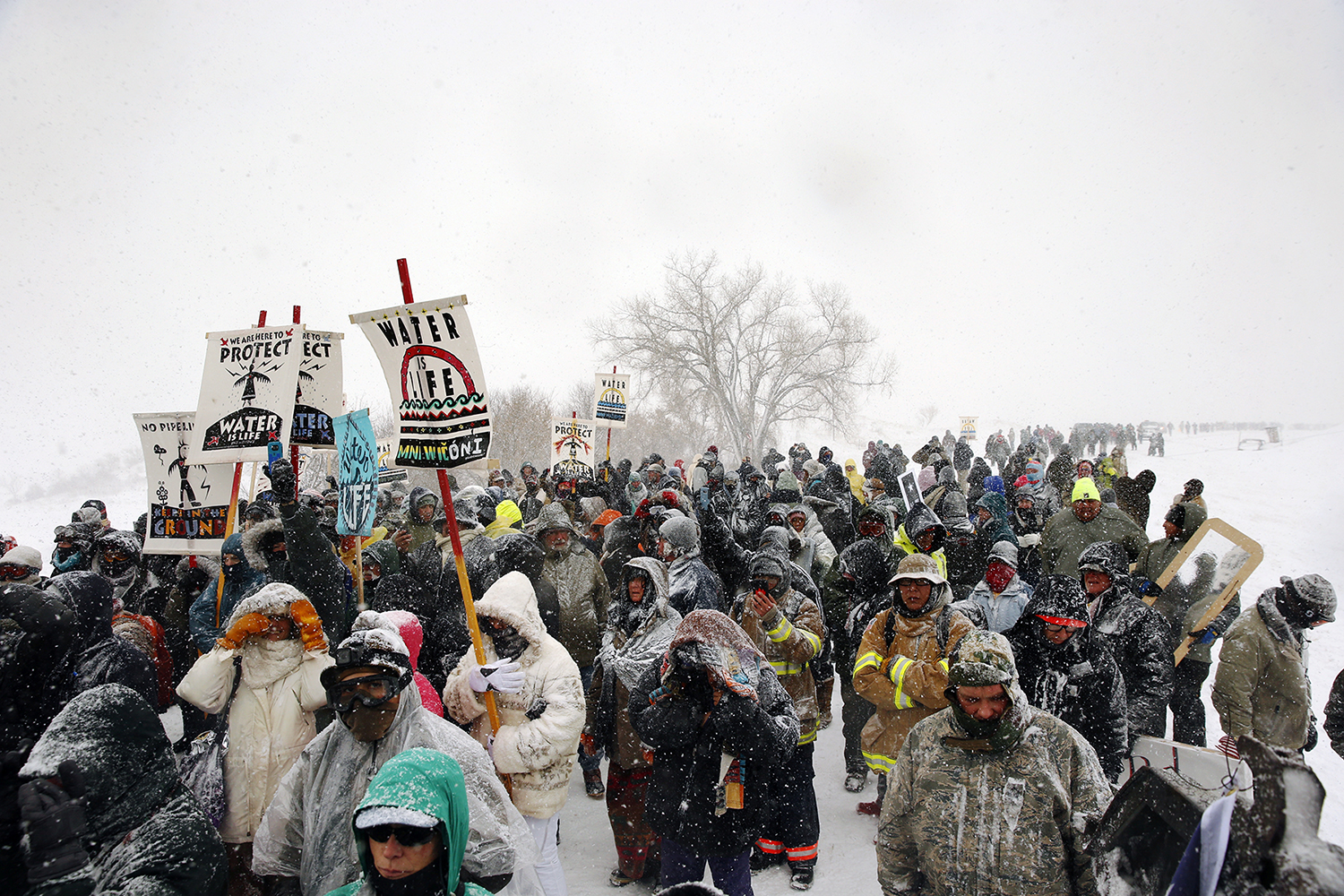Coal magnate Robert Murray has a long history of suing the media – at least nine organizations at last count. He targeted HBO’s John Oliver and The New York Times claiming that both misrepresented safety at his coal mines and attacked him personally. He even asked for an emergency “gag order” against rebroadcast of Oliver’s segment arguing it was hurting business and threatening employees. A federal judge ruled that Murray’s case against Oliver should proceed in state court. But after the case was remanded,HBO and Partially Important Productions submitted motions to dismiss which were granted. Murray intends to appeal. For news, analysis, history & legal background read on.
News & Updates
Judge Jeffrey Cramer dismissed the defamation case brought by Murray Energy against John Oliver agreeing with the arguments made in the dismissal motions by HBO and Partially Important Productions. Murray Energy toldThe Hollywood Reporter they would appeal stating, “This is a flagrant disregard of the law, the facts, and the substantial damages intentionally inflicted by the Defendants.”
Hollywood Reporter Judge Jeffrey Cramer LetterSeptember 21, 2017: HBO Attempts to Get John Oliver Case Dismissed
HBO went back to court to defend John Oliver against a defamation suit by coal baron Robert Murray, arguing that there is no basis for a defamation claim. “In fact, their complaint disregards long-settled First Amendment and common law protections for the two types of speech challenged here: accurate reporting on government activity, and commentary and satire on matters of public concern.” The dispute concerns a June 18 broadcast of Last Week Tonight With John Oliver, which Murray claims represented his coal companies unfairly.
August 11, 2017: Judge Allows Defamation Case Against John Oliver and New York Times
A federal district court judge in West Virginia said that defamation suits brought by coal magnate Robert Murray against John Oliver and The New York Times can go forward. U.S. District Judge John Preston Bailey denied a motion by New York Times’ lawyers to dismiss Murray’s case and granted a request by Murray that the John Oliver case be heard in state court.
Washington Examiner Charleston Gazette-MailAugust 2, 2017: ACLU includes plenty of snark in support of John Oliver in defamation case
The ACLU laid out its arguments for John Oliver’s freedom of speech with section headings in its amicus brief including: “Anyone Can Legally Say, ‘Eat Shit, Bob!’” and “All of John Oliver’s Speech Was Protected by the First Amendment. You Can’t Sue People for Being Mean to You, Bob.”
Vanity Fair ACLU Amicus BriefJune 24, 2017: Can a Rebroadcast of John Oliver’s Coal Segment Be Stifled?
In addition to his defamation lawsuit against John Oliver, coal baron Robert Murray wants to prevent more people from seeing Oliver’s scathing commentary.
Rolling Stone Gag OrderJune 22, 2017: Coal Barron Targets John Oliver in Latest Attack on Press Coverage
Robert Murray, the chief executive of coal mine operator Murray Energy, has filed suit against John Oliver, the host of HBO’s news satire series “Last Week Tonight,” alleging defamation, false light invasion of privacy and intentional infliction of emotional distress. As Oliver was preparing a lengthy segment focused on the coal industry, his producers reached out to Murray Energy for comment; Murray’s lawyers responded with a threat of “immediate litigation” if Oliver failed to “cease cease and desist from any effort to defame, harass, or otherwise injure Mr. Murray or Murray Energy.” Oliver nonetheless proceeded with a segment critical of Murray that attorneys representing Murray called a “vicious and untrue attack” and a “meticulously planned attempt to assassinate [Murray’s] character and reputation.” At the end of his segment, Oliver, addressing Murray, remarked “I know you’re probably going to sue me over this. But, you know what? I stand by everything I said.”
Washington Post Murray v. Oliver ComplaintJune 18, 2017: John Oliver Coal Commentary
May 10, 2017: Murray Sues the New York Times For Libel
In what the New York Times one-time public editor, Liz Spayd, calls a “rare” libel suit against the newspaper, Murray Energy is claiming that an editorial “falsely accused the company’s founder, Robert Murray, of lying about the cause of a deadly mine collapse and wrongly asserted that his company violated federal regulations in excess of industry norms.” The editorial began, “Bob Murray, one of the coal industry’s loudest voices, spent $300,000 on President Trump’s inauguration and got a lot more than good seats.”
New York Times Murray v. New York Times Complaint New York Times EditorialHistory & Legal Cases
Between 2001 and 2015, Robert Murray sued “reporters, editorial writers, a cartoonist, media organizations and radio stations” at least nine times for libel, according to a report in The Pittsburgh Post-Gazette. Examples include a lawsuit against The Huffington Post for publishing an article about his financing of Republican Ken Kuccinelli’s campaign for Virginia Governor and a lawsuit against a local newspaper for carrying an editorial and accompanying cartoon critical of Murray Energy; both lawsuits were dismissed by the courts. In fact, “none” of Murray’s lawsuits have “made it to trial,” The Post-Gazette reports.
Pittsburgh Post-GazetteMurray will have difficulty prevailing in his libel suits against Oliver and The New York Times. Under libel law (see the special section that follows), Murray is clearly a public figure and, as such, must prove that the defamatory publication about him (1) is false and that (2) the information was published knowing it was false or with reckless disregard for the truth—that is, with a high degree of awareness of probable falsity. The Supreme Court has also given First Amendment protection for satire of public officials and public figures, a protection that may apply to the Oliver case.
More on Libel
Defamation, or libel, is a tort (a civil wrong) for which the aggrieved party may sue for money damages. There is no federal libel law. State libel laws are subject to the First Amendment limitations imposed by the Supreme Court.
In New York Times v. Sullivan (1964), the Supreme Court recognized that protection of reputation could impact the freedom of speech and press. To protect expression, the Court imposed constitutional rules that make it very difficult for a plaintiff to make a successful libel claim.
Defamation law requires the plaintiff to prove that a defamatory statement is false. Opinion and satire is constitutionally protected because it is not provably false and it cannot be reasonably interpreted as presenting actual facts.
State law provides some additional (and varying) protections for defendants, such as the privilege of fairly and accurately reporting defamatory information from public records and government proceedings.
A plaintiff must prove the following:
- Defamatory language: The communication must injure a person’s reputation, exposing him to hatred, ridicule, or contempt. Typical statements include accusations of crime, negative discussion of a person’s character, criticism of business practices, and disparagement of a commercial product.
- Harm, or damages: The defamatory statement must cause harm, such as to a person’s or corporation’s reputation or to their financial situation.
- Identification: The person must have been identified by name or is otherwise clearly identifiable.
- Published: The defamatory statement must be published or broadcast. Publication can be to just one person (other than the publisher and plaintiff), but libel actions typically involve mass communication.
- Falsity: Public officials and public figures must prove that the defamatory statement was false. Private persons must prove falsity when the defamatory statement involves a matter of public concern. Minor errors such as wrong dates or places are generally not considered substantial enough themselves to meet this standard of falsity as long as the overall statement is substantially true.
- Fault: Even false, defamatory statements are protected under the First Amendment unless the plaintiff can also prove that the statements were published with fault. Public officials and public figures must prove a very high level of fault—that the defendant knew it was false and published it anyway (intentional falsehood) or had a high degree of awareness of probable falsehood and published anyway (reckless disregard). By contrast, a private person must prove a lower level of fault that may vary depending on the state, but not less than negligence or carelessness. Given fault requirements, public officials and public figures have a difficult time winning a libel case; private persons, having to prove only careless false statements, have an easier time.
Tags



